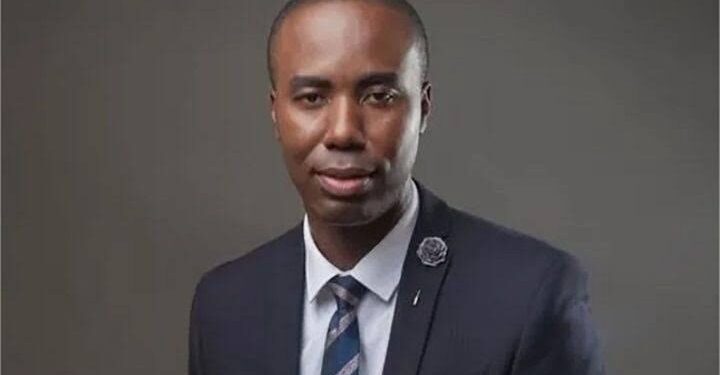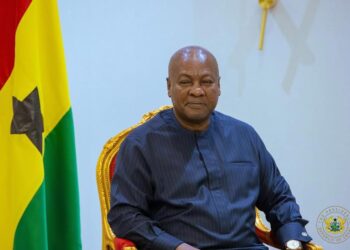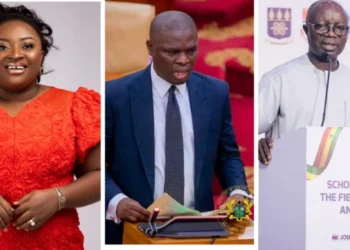Adu-Boahene is accused of orchestrating one of the most shocking financial scandals in recent years. Investigators say that while he lived lavishly off stolen funds, those around him benefited only marginally.
In a country where religion and public morality are often intertwined, the case of Kwabena Adu-Boahenehas become a symbol of hypocrisy, financial misconduct, and the abuse of public trust. Until his arrest, Adu-Boahene stood in front pews of the Cedar Mountain Chapel Assemblies of God Church, revered by congregants and honoured with the title “Chief Rabbi Deacon.” Yet, behind this religious façade was a man accused of stealing over GHC 49 million.
But for the intervention of the Economic and Organised Crime Office (EOCO) and the Office of the Attorney General, Adu-Boahene might still be presiding over church gatherings, donating stolen money as offerings, and delivering sermons about righteousness.
A Devout Worshipper or a Mastermind of Deceit?
Adu-Boahene is accused of orchestrating one of the most shocking financial scandals in recent years. Investigators say that while he lived lavishly off stolen funds, those around him benefited only marginally.
One striking example is the case of the third accused person, Mildred Donkor, who allegedly received a mere GHC 3,137 monthly stipend from Adu-Boahene. Prosecutors argued that although money passed through her, she had no criminal intent—no mens rea—and was subsequently acquitted.
Personal Lives in Ruins
Beyond the financial scandal, the fallout extended into personal lives. Reports suggest that Adu-Boahene’s involvement with Rashida Saani resulted in the breakdown of her marriage. Though rumours of marriage between them surfaced, it was allegedly abandoned due to religious differences.
Calls for Accountability Beyond the Courtroom
Social commentators argue that religious institutions that benefited from the stolen funds should not be left out of accountability. In countries such as China, some critics say, not only would every pesewa be retrieved, but those who received the illicit money would also face legal consequences.
The case has sparked national conversations about the intersection of religion, corruption, and justice in Ghana. Should the church return donations believed to have been financed through fraudulent means? Should beneficiaries of crime also be prosecuted?
Related Posts
A Lesson for Public Office Holders
As the trial progresses, many are calling for swift justice—not out of vengeance, but as a deterrent to others. Ghana has witnessed a series of financial scandals involving individuals who parade themselves as spiritual, yet exploit public trust for personal gain.
For now, Ghanaians wait. Will this prosecution deliver a strong message to public officials and individuals who siphon public funds and seek refuge in religious institutions? Or will this be yet another case that fades into memory?
Conclusion
Whether one sees him as a fallen church leader or a symbol of systemic hypocrisy, the story of Kwabena Adu-Boahene forces a national reckoning. It is a test not only of the legal system but also of the moral conscience of the nation.
May this trial serve as a lasting lesson—to the powerful, the religious, and the ordinary Ghanaian alike—that integrity cannot be cloaked in religion.
By Jeorge Wilson Kingson
The writer is a Journalist and Security Analyst










Discussion about this post